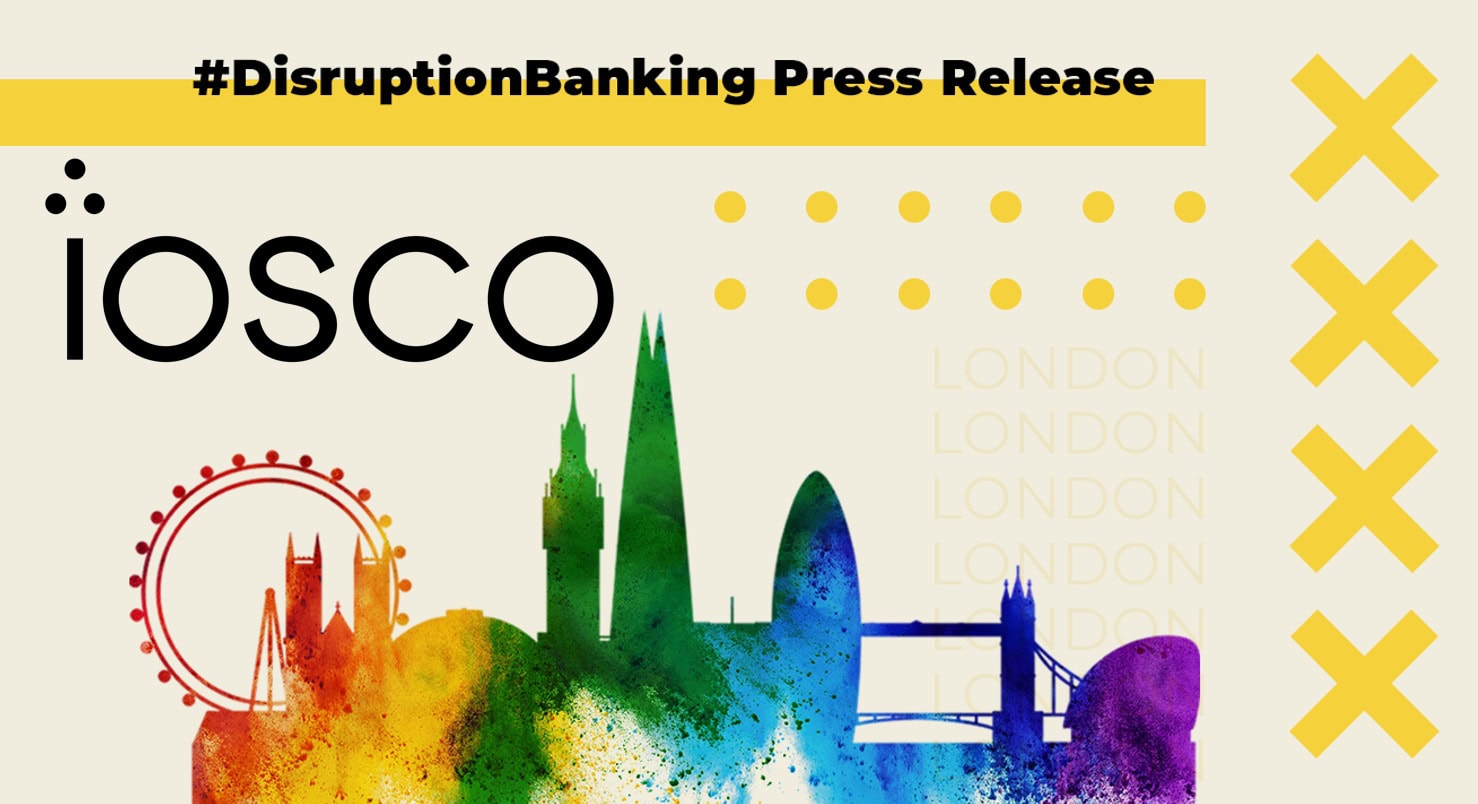In the first of this three part series, we looked at the controversies surrounding Binance and how the company has pledged to hire regulatory experts in a bid to clean up its act. To investigate how robust their processes are, I applied for a senior role in Binance’s regulatory team under a fake name and with false credentials. Despite knowing little about regulatory affairs, I passed four interviews and was offered the position of Senior Regulatory Advisor in Binance’s futures business. The base salary offered was £160,000 per year, and I was to be entitled to a sign-on bonus payment of £60,000 worth of Binance Coin (BNB) after six months’ service.
Having applied to the Senior Regulatory Advisor role under the pseudonym of “Daniel Somerset,” I was soon invited for a number of interviews with senior Binance employees. These interviews raised significant concerns regarding Binance’s internal regulatory and compliance operations, as well as their recruitment processes. My first conversation was with a member of Binance’s “Talent Acquisition” team based in Shanghai. This was simply a quick chat to discuss my motivations for applying, and the reasons why Binance was looking for regulatory specialists. I was told that Binance’s futures business is “the best” in terms of revenue, but that “the FCA has their eyeballs on us.” While this interviewer was adamant that “we’re very compliant,” echoing the words of his CEO Changpeng Zhao, he admitted that the company was looking to become “even more compliance focused.”
Leading the way for the crypto industry to be a more compliant and resilient financial services sector is of great importance to us at Binance.
— Binance (@binance) August 16, 2021
Our compliance team works hard to advance this mission – follow along as we continue introducing key team members in a LinkedIn series.
The Talent Acquisition team then set up an interview for a couple of days later, with a senior member of the futures business in London. While I was told that there is also a legal department that works across the business, this individual was identified as “taking care of” the regulatory work in London. But during the following interview a couple of days later, it became clear that his experience in compliance was very limited.
Whilst I was told that he had an academic background in law, he has never practiced as a solicitor. Nor has he worked in the compliance department of any financial institution. Rather, he has always been involved in what he called “more business orientated work” in financial services sales. With “the heat increasing on the regulatory front” as well as “in the media,” he was brought in to Binance last April “to work on regulatory strategy.” It appeared that his only qualification for this was his academic qualifications, which he had obtained many years before and which played a negligible role in his subsequent career.
In the job offer I received, this individual in London was identified as my future line manager. He was identified by the Talent Acquisition team as heading up the efforts of Binance’s futures business to become more compliant and engage with regulators more deeply. He has had an impressive career in the City of London and financial services. But many will ask if he is qualified to have such a senior role the company’s compliance and regulatory work. After all, in his own words, he is “by no means an expert in this” and “it’s been a pretty long time” since he did anything related to compliance or the law.
The next interview was with a member of the Futures Business Development Team in Singapore. This call also raised a number of issues. When explaining what the role of Binance’s Development Team is, the individual in question stated that his department was involved in the “crypto derivative trading platform for all kinds of user – all the way from the retailer to the institutional end.” He added that “we are trying to be more aggressive on the institutional side as well.”
This is concerning as the “sale, marketing and distribution to all retail consumers of any [crypto] derivatives” is banned in the UK, where this job was advertised and based. This was announced by the Financial Conduct Authority (FCA) in October 2020, and came into effect in January 2021. In light of this, it is not clear why a London-based regulatory advisor should be involved in conversations around a “crypto derivative trading platform” for “retail” users, or why Binance would want such conversations at a time when they are aiming to become more compliant. Another interviewer later clarified that Binance is in the process of “unwinding and altering businesses in different countries” in light of such bans. But the mixed messages – and fact that a senior Binance representative directly referred to retail derivative trading, which is banned in the UK – is alarming.
BREAKING: UK regulator bans sale of crypto derivatives to retail users (via @Yogita_Khatri5) https://t.co/er9y0vCRbR
— The Block (@TheBlock__) October 6, 2020
Later on in the same interview, I was told that I should expect the environment at Binance to be “disorganised.” This is because “sometimes things are just changing too fast,” although the company is “trying to be more organised going forward.” It was described as “dizzy” – a “good dizzy, but definitely dizzy.” It is of course true that Binance has grown at an exponential rate over the last few years. In 2017, Binance’s annual exchange volume was $59 billion: less than the volume of some single days in 2021. Such rapid growth would be challenging for anybody to deal with. But given the volumes now being traded on Binance, and the amount of consumer money that is at stake, this picture of disorder is troubling.
The strangest interview was with a Binance Vice President. It was suggested to me that this was the decisive interview, with perhaps the most significant figure in Binance’s futures business. Indeed, he is one of the few Binance representatives that occasionally speaks to the media apart from Changpeng Zhao. Already surprised that I had made it this far in the process, I expected that the game would be up at this stage – that I would surely fail to bluster my way past this most senior of men. But in the end, the call only lasted around ten minutes. The role was briefly outlined, and I was asked if I knew about derivatives products. A slightly more elaborate form of “yes” ticked the box. After I confirmed that I would be happy to work long hours and at the weekend if necessary, the interview was over.
This reflected a sense that was evident throughout the process – that of inevitability. During the application, it seemed that the scales were tilted overwhelmingly towards this anonymous candidate being offered the job and that the interviewers were simply going through the motions. It appeared to me that Binance was so keen to offer this apparent expert a job that all basic checks were thrown out of the window, not taking the time to examine whether his regulatory knowledge was truly as sound as claimed. It is surprising that, with no personal background in the law or compliance, I was able to pass as a regulatory expert on four separate occasions. Perhaps this is because the most technical question asked in the four interviews was about my thoughts on MiFID II, to which a vague answer about the need to improve transparency was sufficient. In Europe, this is a basic piece of regulation which anybody remotely involved in the financial sphere will have heard of. Most of the interviewers asked little to nothing about regulatory affairs at all.
"#Binance is taking the lead in crypto compliance measures, says CEO" – CNBC
— Binance (@binance) September 12, 2021
Watch the interview 👇https://t.co/ApClVBEvH8
And this is to say nothing about the shoddy recruitment process itself. All of the interviews were conducted remotely, with no identity authorisation required. I did not even have my camera on for any of the interviews – which was very well, given the picture on the LinkedIn profile I used was not one of me. Only one interviewer asked me why I had the camera off, to whom I gave a slightly panicked answer suggesting that it must be broken. Binance did not ask for any past references. One can only hope that some process to verify my claims would have begun after I accepted the offer, as Binance has insisted would have been the case.
Is Binance serious about becoming “even more compliant?” Or are they simply seeking to hire a couple of people who appear to be experts, just so they can say to the regulators that they have? The company might make grand announcements about doubling its number of compliance staff, but that does not mean much if this is how they are going about their recruitment.
This sloppiness might partly be attributed to the fact that, in the words of one interviewer, Binance has the characteristics of a “FinTech kind of startup” rather than a “more major financial institution.” But the problem is that Binance simply is not a “FinTech kind of startup.” It is a global trading platform dealing with tens of billions of dollars a day. Its commitment to proper legal and compliance processes should reflect the fact it serves millions of consumers around the world, is by far the preeminent exchange in the crypto market and is – by all definitions – a “major financial institution.”
This is the second piece in a three-part series, to be continued on Thursday 27th January. You can see the first piece by following the link here.
Please note that Binance has offered the following response:
“All roles at Binance are offered on a conditional basis and are contingent on meeting thorough background checks to verify experience after an offer is accepted. This candidate falsified his background and work experience. While he was offered a position, like any other company, after signing he would have had to pass our background check which is conducted by an independent third-party. His fraudulent statements and falsified work history would have been easily flagged.”
Author: Harry Clynch
#Regulation #Compliance #Shanghai #Futures #Regulation #London #Singapore #CryptoDerivatives #FCA #MiFID #FinTech
















4 Responses